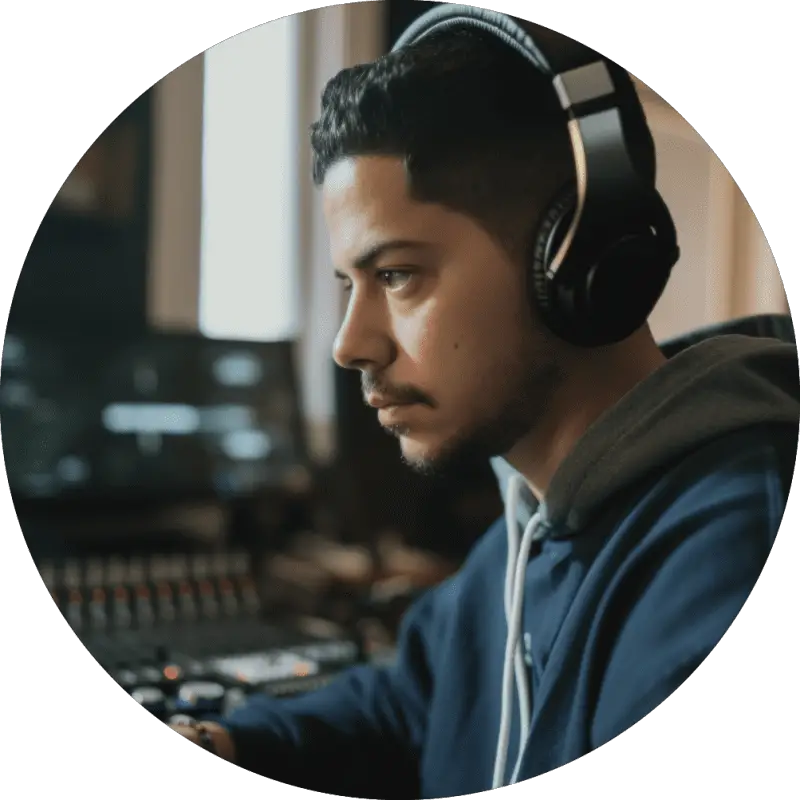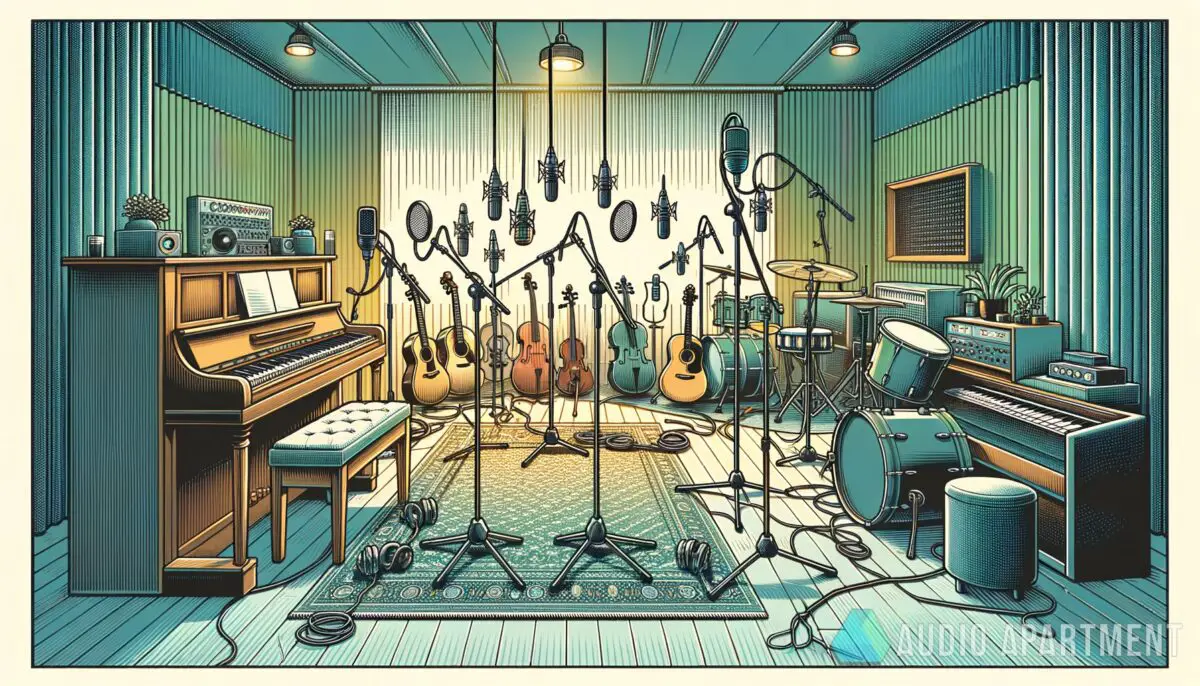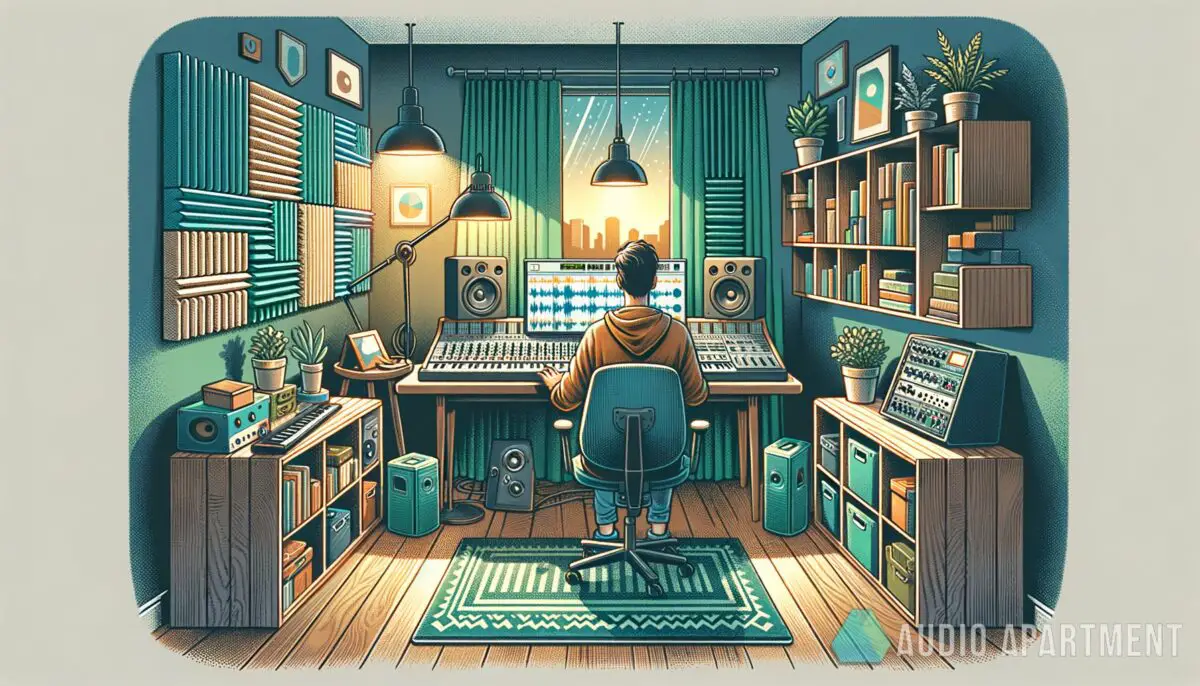Becoming a music producer has become a very popular career choice for many people. But creating and distributing music takes a lot of time, effort, and money. Having the support of a record label would be beneficial for any music producer.
Now you may be wondering: can music producers get signed to a record label? That’s what this post is all about! We’ll tackle what a record label is, how music producers can get signed, and explore the pros and cons of being signed to a record label. So if you’re looking for a way to get your music out there or just want some advice on the process, then keep reading!
Can a music producer get signed to a record label? Yes, they can. However, it’s more complex for music producers to be signed to labels than for musicians. Before giving a music producer a record contract, a label would look at several things, such as their profile, popularity, and fan base. A music producer with the chops to get the job done might be signed quickly by record companies catering primarily to producers.
What is a record label?
A record label is a company that promotes and sells albums and other music-related media. A&R, which stands for “artists and repertoire,” is in charge of finding and developing new talent, while other people in the business focus on publishing and protecting intellectual property.
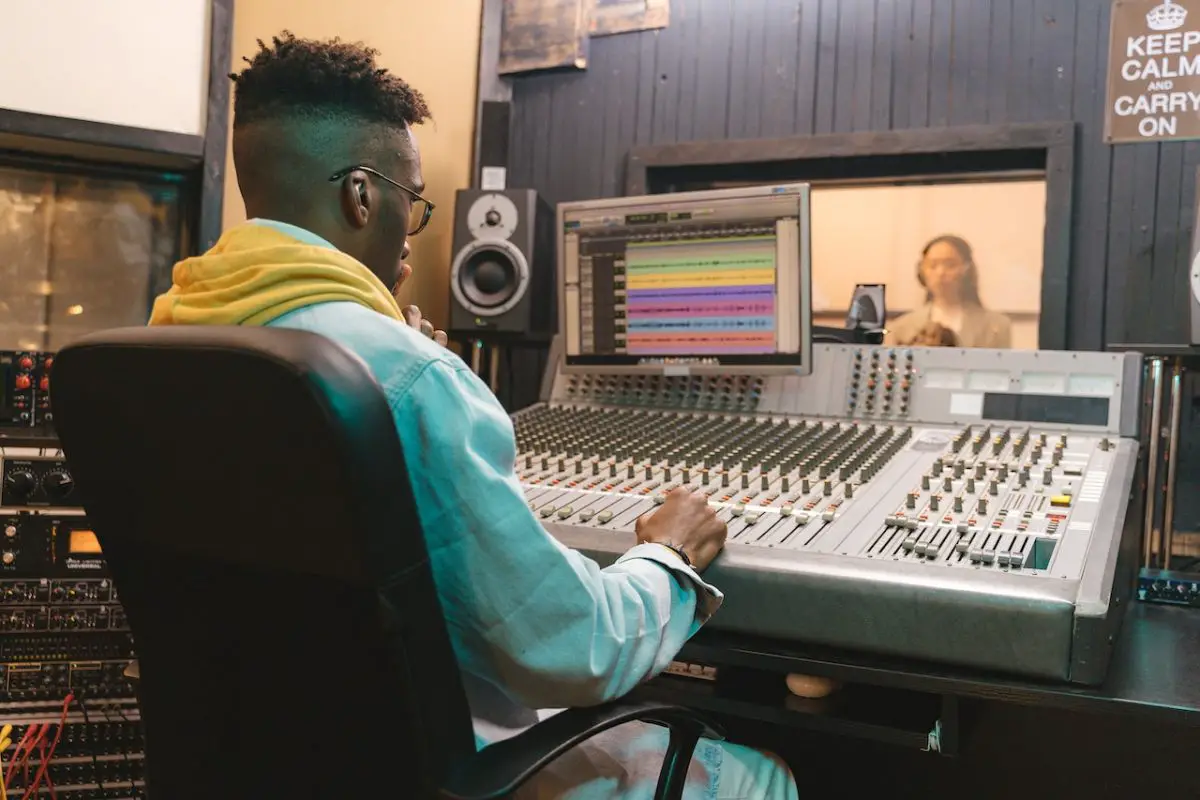
The success of a record company depends on the popularity of its musicians and the label’s name, making marketing a top priority.
AKAI Professional MPK Mini MK3

AKAI Professional MPK Mini MK3
What are the different types of record labels?
Let’s take a look at the various record labels that exist. Knowing how record deals and labels work can help you understand which type of record label works best for you.
Major labels
Sony, Warner, and Universal are the “big three” of the music business. These labels typically engage in 360-degree deals and exert considerable influence over the artist’s career. While it’s every musician’s dream to get signed to a major label, doing so often means giving up significant creative freedom.
Over the past few years, record labels, especially those specializing in electronic music, have been using their subsidiaries as a primary means of expunging any negative publicity associated with their artists. Nevertheless, major labels are still very influential in the pop music industry.
Major label subsidiary
Several record labels appear independent (and perhaps once were) but are branches of the four major labels. Subsidiaries strike a fine balance between marketing savvy and reluctance to sell out. As a result, the parent company typically has less hands-on involvement as long as the subsidiary generates revenue.
Large independent labels
Although the vast majority of indie labels are quite modest in size, there are a few exceptions. These record labels are unusual since the majors often acquire them as they emerge. In addition, large independent record companies care more about their artists than the majors and their subsidiaries and have a greater marketing budget to promote their releases.
Small independent labels
Most electronic music is released on tiny, independent labels, often managed by the musicians who create the music. Even though they don’t have as many resources as big companies, independent labels still have the ability to promote their music. Those who are just starting out will most likely work with small labels.
How can music producers get signed to a record label?
Getting signed to a record label is a major milestone for every aspiring music producer, musician, singer, rapper, songwriter, and band. Here are some steps that music producers can take to increase their chances of getting signed:
If your music is not at least 80% as good as the artists who have released it on the label you are interested in, do not send it.
- Focus on your music: Your music should be your top priority, and it should be of high quality. If your music is not at least 80% as good as the artists who have released it on the label you are interested in, do not send it. Make sure to spend time refining your skills and perfecting your craft.
- Build a following: Record labels are interested in signing artists who have a following. Social media platforms like Instagram, Twitter, and TikTok can help you build your following, but the most important platform is music streaming apps such as Spotify or Apple Music. Aim to get as many monthly active listeners on these platforms as possible, and include this information in your record label pitch email.
- Network: Attend music industry events, meet people, and make connections. You never know who might be able to help you get a foot in the door. Use platforms like LinkedIn to connect with people in the music industry and share your work with them.
- Pitch your music: When you feel confident that your music is ready, start pitching it to record labels. Your pitch email should include the name of your artist project, music genre/category, a succinct backstory, and monthly active listeners on music streaming apps.
Remember, getting signed to a record label is a long and challenging process, but persistence and dedication can help you achieve your goals.
The advantages and disadvantages of being signed to a record label
Getting signed to a record label can mean the fulfillment of every musician’s dream, but there are still some drawbacks. Here are the advantages and disadvantages of being under a record label:
1. Getting exposure
Signing with a major label means increased exposure since the label is already established, has more resources, and can potentially reach more people worldwide.
If you sign with an indie label, you will still gain publicity, but it will generally be directed to a smaller, more specific audience. For example, if you were a heavy metal band signed to Napalm Records, your music would mostly reach fellow metal enthusiasts, not those who listen to other genres. Getting your music heard by more people is essential if you want to gain a larger fan base and make more money as a musician.
2. Receiving advance payments
The second major benefit of getting signed to a record company is that the label will cover the costs of recording sessions, album production, and marketing. This is a major plus since many unsigned musicians struggle to cover the high costs of studio time, production services, and marketing.
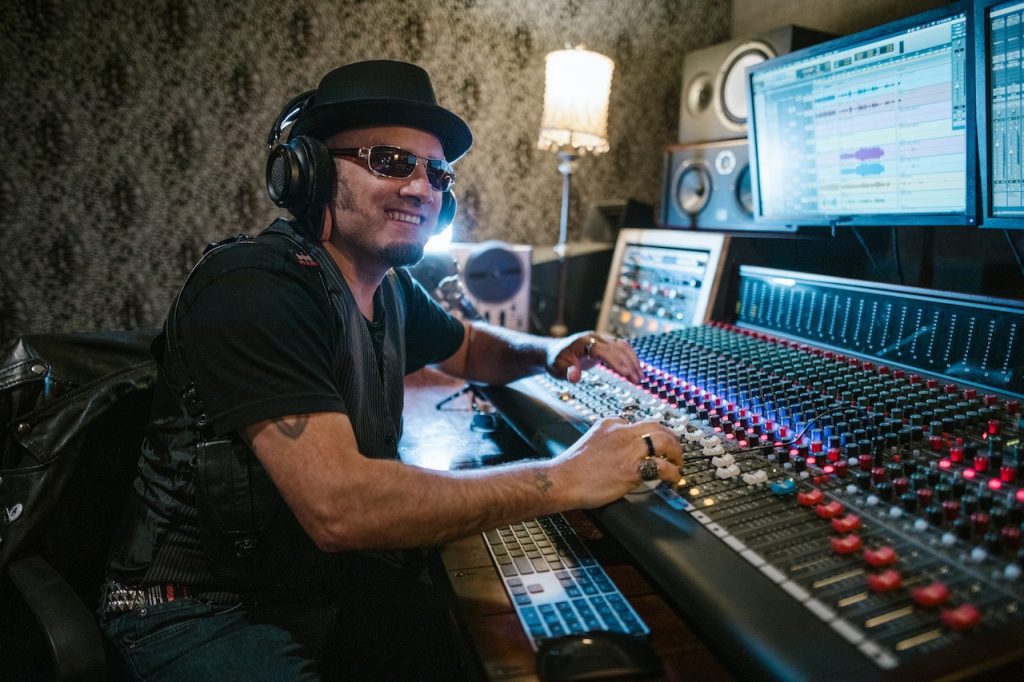
3. Less creative freedom
This is one of the major drawbacks of being a member of a record company. Some of the larger record companies have whole departments devoted to molding and sculpting musicians into something that will sell. These may not necessarily be aligned with the musician’s vision and can cause conflict.
4. Income percentages
Signing with a record label and having a cut of the profits from your music is another drawback. Artists typically get 20% of earnings from significant record agreements, with the record company keeping the remaining 80%.
The exposure and advance payments mentioned above are the only silver linings to these deals. While the major labels typically pay out in advance, some independent labels will agree to a split of up to 50%. When an artist signs with a small label, they may get less publicity than when they sign with a major.
If you want even more tips and insights, watch this video called “How To Get Signed To A Major Record Label” from the Damian Keyes YouTube channel.
Frequently asked questions (FAQ)
Do you still have questions about if music producers can get signed to a record label? Below are some of the most commonly asked questions.
How do producers get signed to record labels?
Sending demos to a record label is recommended. To submit a demo, you often send it to a designated email address or drop it off at a physical location. Then, if the label’s A&R team likes your song, they may contact you to sign you.
Do music producers have their own labels?
Yes, music producers can have their own record labels. While they may also work with other record labels, many producers have established their own labels to promote their own music or the music of other artists.
Do labels pay producers?
The record company may pay producers an advance, a flat fee under a work-for-hire contract, or a percentage of the label’s profits, known as master royalty points. Payment of royalties to producers typically begins once the initial recording costs have been recovered.
Conclusion
And there you have it! Getting signed to a record label may look like a long shot, but many music producers have done it, so it’s not impossible. With hard work and dedication to your music, you can definitely have your big break someday.
So, do you want to get signed on a record label? And did I cover everything you wanted to know? Let me know in the comments section below (I read and reply to every comment). If you found this article helpful, share it with a friend, and check out my full blog for more tips and tricks on music production. Thanks for reading, and never stop making music.
Key takeaways
This article covered how music producers get signed on a record label. Here are some key takeaways:
- The term “record label” refers to the businesses that promote and sell albums and related media.
- The different types of record labels are major labels, major label subsidiaries, large independent labels, and small independent labels.
- Some tips on getting signed on a record label as a music producer include focusing on your music, building a following, networking, and pitching your music to the label.
- Getting signed on a record label gives you better exposure and covers the cost of recording and album production.
- Some drawbacks in getting signed by a record label include restrictions on creative freedom and income percentages.

